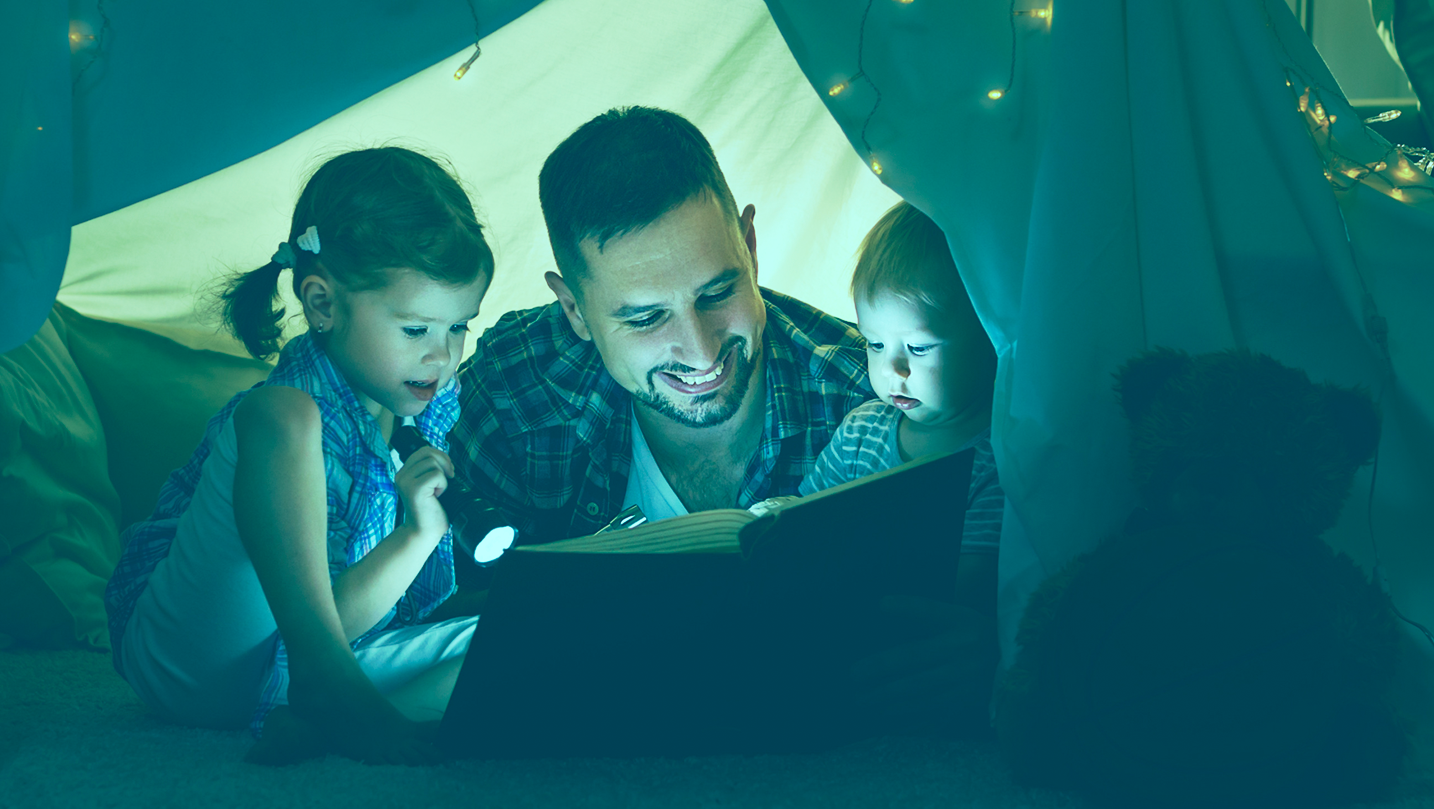When a tropical storm or hurricane heads toward Florida, it is impossible to escape the worry and fear that accompanies it. From panicked friends and relatives to news stories on TV, to school dismissals, to evacuations and emergency runs to the grocery or hardware store, storms can be scary and disruptive for everyone – especially young kids. Here are a few tips to keep your kids calm, safe and secure during any storm:
- Have (age-appropriate) discussions with your children about hurricanes. Use books, internet sites and videos to show them what a hurricane is and explain what could happen in the event of a hurricane. Talk to them about what you are doing to keep your family safe. Show them your emergency kit and explain your family emergency and evacuation plans. Be sure they know your meeting location and emphasize that their safety is your utmost priority. Have this same conversation every year before hurricane season or any time they may ask questions.
- Have your kids prepare a “to-go” bag. Let your child select a bag or container to fill with special pajamas, toothbrush and toothpaste, comb or brush, hand sanitizer, wash cloth, small blanket, and a few toys. Include a fun flashlight and extra batteries. Also be sure to have a copy of your emergency contact list and medical information in the bag.
- Practice evacuation drills. Be sure to create a hurricane evacuation plan for your family and explain it to your children. Then practice how to use the plan when they are at home, school, friends’ homes, grandparents’ homes, etc. If your community has a pre-planned evacuation driving route, be sure to practice this with your kids in the car so they know you will bring them somewhere safe.
- Learn disaster plans at your child’s school or childcare. Ask your child’s school, daycare, or other place of activity to share their hurricane emergency plans. Be sure you understand their procedures – and be sure you tell them who may be picking up your child in the event of an emergency.
- Teach Children How (and Why) to Call 9-1-1. When children reach around the age of four, can follow directions well, and are able to recite their name and address by memory, parents can start to talk to them about using the 9-1-1 emergency service. This is a great time to role play different scenarios of when it is and isn’t appropriate to call 9-1-1 during a hurricane or other emergency. Practice dialing 9-1-1 on a cell phone (including how to use the emergency bypass button) and on a landline if possible. Use American Red Cross’s role-playing Monster Guard app to help kids learn how to talk to an operator, report an emergency, describe their surroundings, and more.
- Get indoors quickly and stay there until danger passes. Keep everyone inside (away from windows, skylights, and doors) to avoid damaging winds and debris, downed trees, live electrical wires and other hazards. Monitor weather apps and don’t go outside until the storm has passed.
- Evacuate if instructed to do so (or if you feel unsafe where you are). Don’t try to ride out a storm if conditions are that unsafe.
- Keep kids’ routines as much as possible. Rituals and routines, like bedtime stories or evening family meals, are comforting for kids. The more you can keep things “normal,” the better for the children.
- Role model and listen. Your children are looking to you for assurance that they are safe, so be sure you stay as calm as possible. Listen to your kids’ worries and fears, and remind them of all you have done to prepare.
- Turn off the TV. Children do not need to see graphic images and hear all the sensationalized storm talk on television and radio. Instead, rely on weather apps for more accurate information.
- Watch your child for changes in behavior, sleeping patterns, or eating habits. While children may be afraid or even anxious during and after a tropical storm or hurricane, they should readjust shortly after normal weather returns. If changes in behavior continue, you may need to seek professional help.
